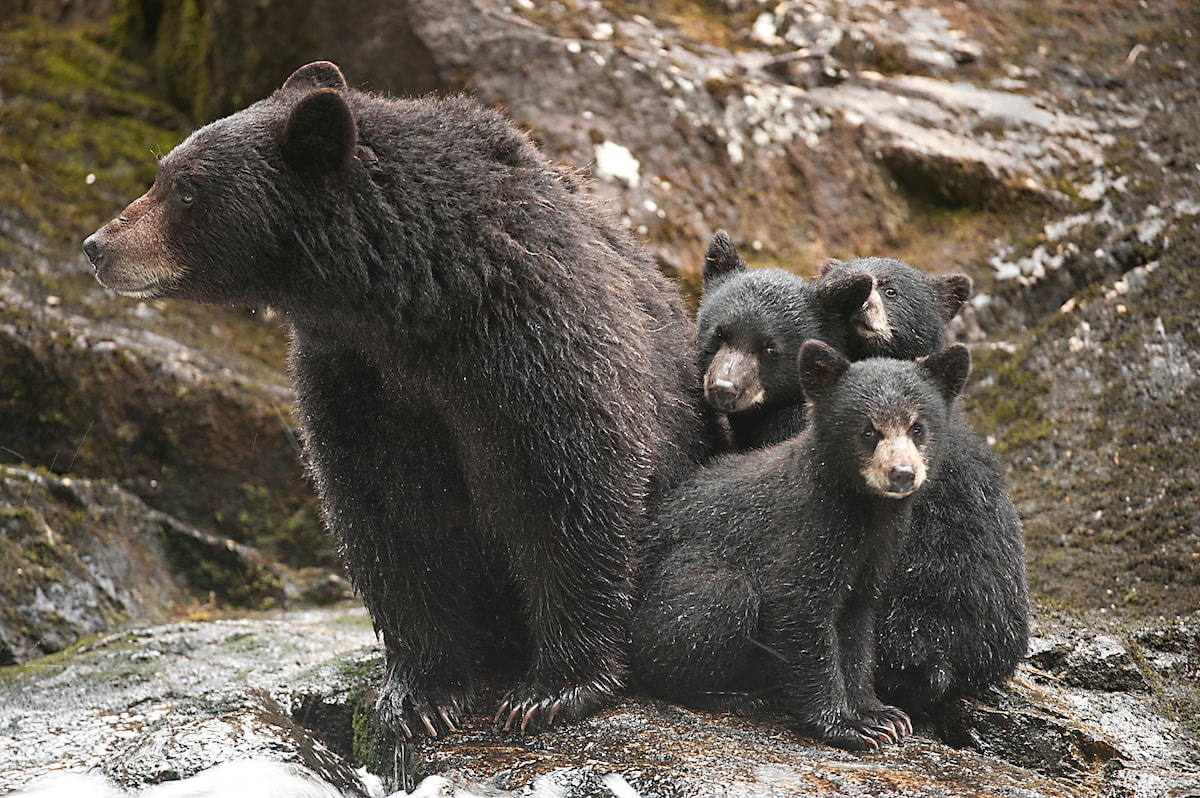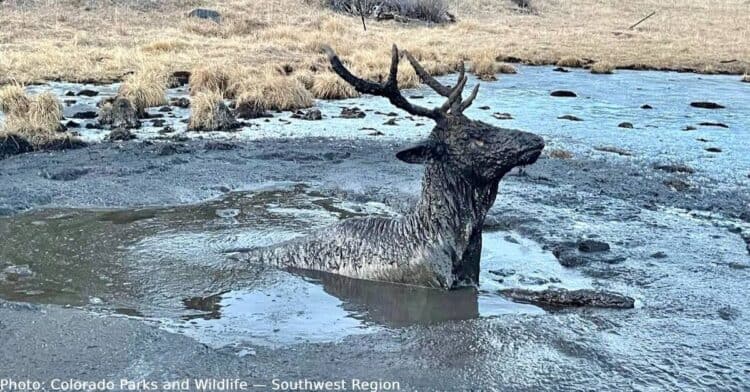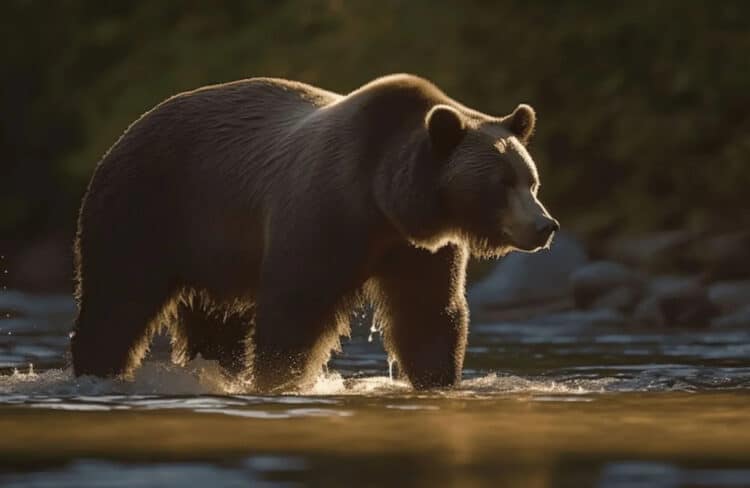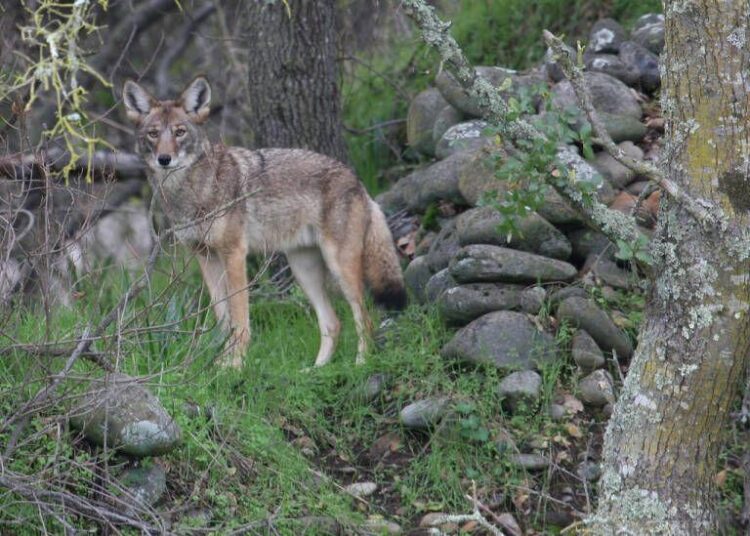Wildlife enforcement officers, often known as game wardens, play a critical role in preserving our natural heritage. They confirm compliance with laws and regulations associated with wildlife management and recreational pursuits. Starting the path to becoming a wildlife officer encompasses a synthesis of challenging educational facets, specialized training, and continuing learning. This article explores the educational prerequisites and skill enhancement vital for those aiming for this pivotal position, emphasizing the avenues of how to become a wildlife officer and the education required to become a game warden.
Educational Background
Embarking on the journey of how to become a wildlife officer commences with a strong educational groundwork, necessary for those hoping to enter this field. This path is designed to ready candidates for the manifold challenges they will deal with in conserving our natural habitat. As a component of their readiness, many prospective officers find making use of research paper writing services online like EssayPay useful for navigating the convoluted academic prerequisites and cultivating a profound comprehension of environmental science, wildlife management, and conservation methods through exhaustive research projects. Moreover, catering to academic needs, EssayPay delivers expert essay writing support for students requiring assistance with their assignments.
College Degree Requirements
The journey to becoming a wildlife enforcement officer typically begins with acquiring a college degree. Prospective game wardens must possess a bachelor’s degree in pertinent disciplines such as environmental science, wildlife management, biology, or criminal justice. This core education empowers candidates with a thorough comprehension of ecological principles, wildlife laws, and conservation practices, laying the foundation for their future undertakings.
Key Subjects and Courses
Delving into the question of what education do you need to be a game warden, it’s imperative to highlight specific courses that are instrumental. Biology, ecology, natural resource management, and law enforcement courses are pivotal for aspiring game wardens. These classes furnish students with an extensive understanding of the biological and ecological foundations vital for effective wildlife management and conservation efforts. Additionally, exploring the legal framework governing wildlife protection through criminal justice and law courses is essential, addressing both the education needed to be a game warden and the broader wildlife officer education requirements.
Specialized Training and Skills Development
Upon completing their formal education, wildlife enforcement officers undergo rigorous specialized training, sharpening the practical and technical skills necessary for their unique roles.
Law Enforcement and Wildlife Management Training
New recruits typically partake in a dedicated training academy designed specifically for wildlife enforcement, covering:
- State and Federal Wildlife Laws: Officers gain a thorough understanding of the legal framework governing wildlife conservation and recreational activities, an essential aspect of wildlife officer education requirements.
- Investigative Techniques: Training centers on conducting detailed investigations into wildlife infractions, including unlawful hunting and unauthorized trafficking.
- Ethical Conservation Practices: A pledge to environmentally sustainable practices is encouraged through education on ethical wildlife management and conservation principles.
- Practical Skills: Essential skills training in firearms handling, navigation, first aid, and survival techniques prepares officers for various field scenarios.
Continuous Learning
Acknowledging the fluidity of wildlife enforcement, officers must involve themselves in continuous learning to keep up with evolving laws, conservation techniques, and wildlife science developments. This encompasses:
- Continuing Education Courses: Advanced coursework in wildlife science, law, and management keeps officers updated on current practices.
- Workshops and Seminars: These provide opportunities to learn from experts in conservation, wildlife diseases, and advancements in enforcement tools.
- Certifications: Achieving additional qualifications in areas like emergency medical techniques, advanced firearms training, or specialized wildlife management practices enhances officers’ competencies and career prospects.

Career Advancement and Specialization
The professional journey of a wildlife enforcement officer is characterized by opportunities for career advancement and specialization, which can significantly impact conservation efforts and personal growth.
Pathways to Advancement
Advancing within the wildlife enforcement arena often entails taking on roles with greater responsibility and complexity, such as supervisory positions or administrative roles in policy development and strategic planning for wildlife conservation efforts. Success in these roles typically requires a blend of experience, further education, and a demonstrated ability to lead and innovate.
Specialization Opportunities
Officers may specialize in particular interest areas within the wider field of wildlife conservation, such as marine conservation, endangered species protection, or environmental law. Specializing enables officers to focus on protecting ocean ecosystems, working on the front lines to save species from extinction, or developing conservation laws and ensuring compliance with environmental regulations.
Conclusion
Navigating the road to becoming a wildlife enforcement officer, especially understanding the game warden education requirements, is a many-sided adventure that combines academic education with specialized training and a commitment to continual learning. This holistic approach provides officers with the requisite knowledge, skills, and moral groundwork to efficiently safeguard wildlife and natural habitats. As custodians of the environment, their responsibilities exceed typical law enforcement; they also play an indispensable role in educating the public about the value of conservation. By completing these education and training mandates, game wardens provide the preservation of natural resources for forthcoming generations, highlighting the indispensable nature of their role in both environmental sustainability and education.







Leave a Reply